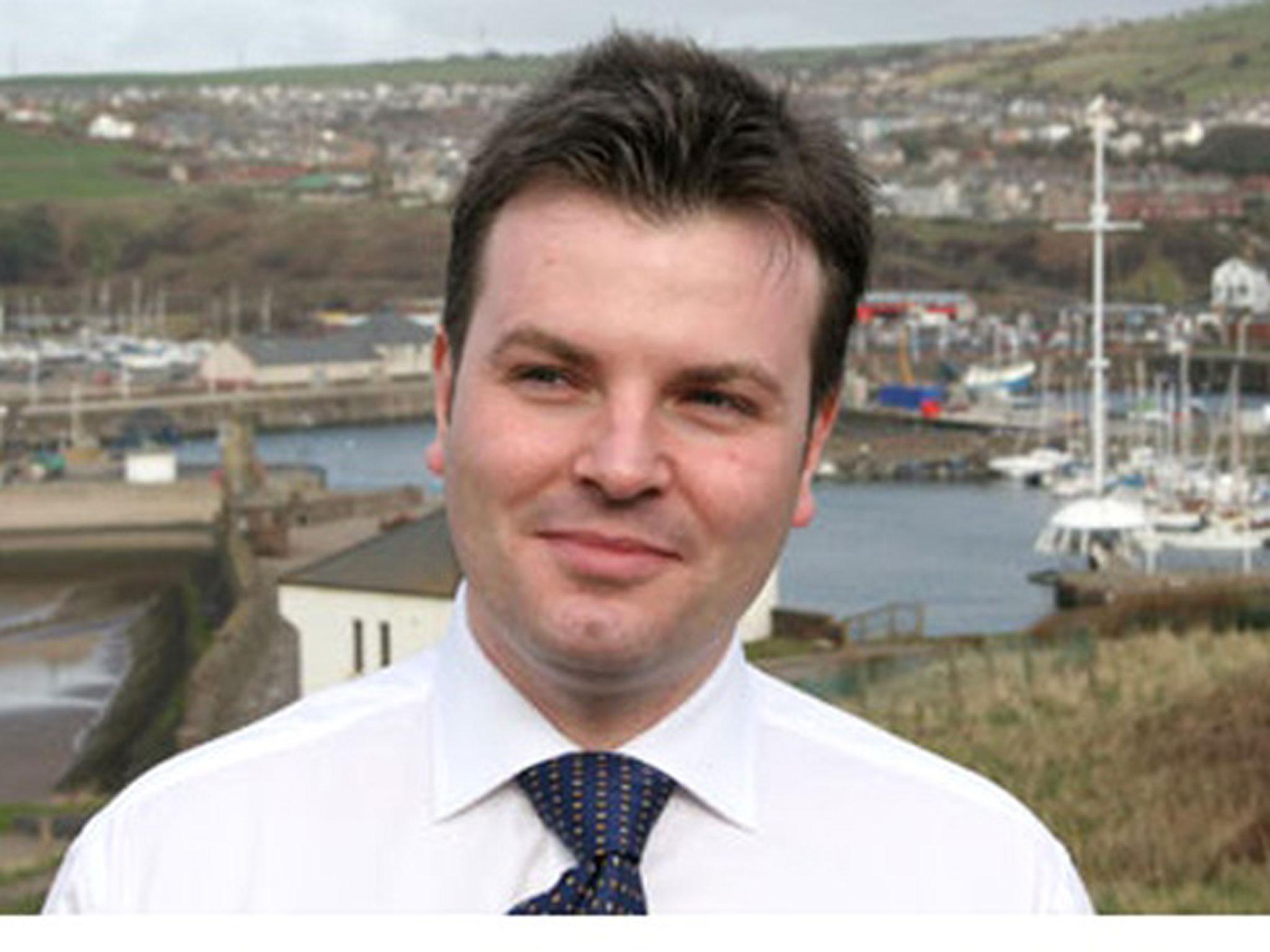The Independent's journalism is supported by our readers. When you purchase through links on our site, we may earn commission.
Could Labour lose a seat to a Tory government for the first time since 1982?
The resignation of Jamie Reed, the Labour MP, sets up a complicated by-election in a northern English marginal


There is not so much talent among Labour MPs that the party can take the loss of Jamie Reed in its stride. He is a clever and witty politician, but hopelessly out of sympathy with Jeremy Corbyn, and now he has decided to leave Parliament to go to work for the Sellafield nuclear processing plant in his constituency.
That is bad news for both sides of the Labour Party. Corbyn is weakened by such a blunt expression of lack of confidence in his leadership. But the non-Corbyn forces are weakened too, because if MPs such as Reed don’t stick around in the hope of a non-Corbyn leader before the next general election their outlook is bleak too.
However, the more immediate consequence of Reed’s resignation, which is not actually going to take effect until the end of January, is a fascinating by-election in a Labour-held marginal seat. Reed held the Copeland constituency in the western bit of the Lake District with a majority of just 6.5 per cent over the Conservatives in the last election.
Governing parties tend not to gain seats at by-elections: the last time that happened was when Angela Rumbold won Mitcham and Morden in south London in 1982, when Bruce Douglas-Mann stood down as Labour MP and re-fought it under the colours of the Social Democratic Party.

But Theresa May is enjoying an unusual post-referendum honeymoon, Labour is well adrift in national polls, and Copeland is a constituency that voted about 60 per cent for Leave, according to an estimate by Chris Hanretty of the University of East Anglia.
The by-election is further complicated by Ukip, seeking to relaunch itself as a working-class hard-Brexit party of northern England, who came third last time, and by the Lib Dems, enjoying a renaissance as the party of protest against Brexit. If 60 per cent of Copeland constituents voted to leave the EU, that means 40 per cent voted to stay, and Tim Farron, MP for neighbouring Westmorland and Lonsdale, must hope to build on the party’s 3.5 per cent of the vote last time with his strong message of trying to prevent Brexit.
By-elections don’t follow the rules of normal politics. In Richmond Park this month an election caused by Zac Goldsmith’s protest against Heathrow expansion turned into a Lib Dem anti-Brexit protest vote in one of the most Remain-y constituencies in the country. It is hard to see such a clear-cut purpose in Copeland. Reed, like most Labour MPs, was a Remainer, so if the mood is “get on with Brexit”, that could boost the Tory or Ukip votes.
But that depends on who Labour chooses as its candidate. A “normal” Labour candidate would be a Remainer who “accepts” the referendum and vows not to block Brexit. Such a candidate would be simultaneously vulnerable to a hard-Brexiteer for the Tories or for Ukip, and to a hard-Remainer for the Lib Dems.
To complicate matters a bit more, the local Labour Party has historically been strongly in favour of nuclear power and, by analogy, nuclear weapons. It risks mixing its messages with those from the national party, with its nuke-sceptic leadership.
Then there is the question of timing. Already there is talk of trying to postpone the by-election until the same day as the local council elections on 4 May. That would mean stretching parliamentary convention – that by-elections are held within three months of a vacancy – to the limit. But it would distract attention from the by-election and it would have the advantage, from Labour’s point of view, that Article 50 will already have been triggered.
And finally, there is the question of the boundary review. The boundary commissioners plan to abolish Copeland at the next general election anyway. Which means that selections will be restricted to people prepared to be an MP for three years only. I don’t think Ed Balls will be putting his name forward.
Paul Mason, the author of PostCapitalism and former Channel 4 News economics editor, is, however, believed to be looking for a seat.
Copeland: 2015 result
| Candidate | Party | Votes | Share of the vote | Change since 2010 |
| Jamie Reed | Labour | 16,750 | 42.3% | −3.8 |
| Stephen Haraldsen | Con | 14,186 | 35.8% | −1.3 |
| Michael Pye | UKIP | 6,148 | 15.5% | +13.2 |
| Danny Gallagher | Lib Dem | 1,368 | 3.5% | −6.7 |
| Allan Todd | Green | 1,179 | 3.0% | +2.1 |
| Labour majority | 2,564 | 6.5% | −2.5 |
Join our commenting forum
Join thought-provoking conversations, follow other Independent readers and see their replies
Comments
Bookmark popover
Removed from bookmarks